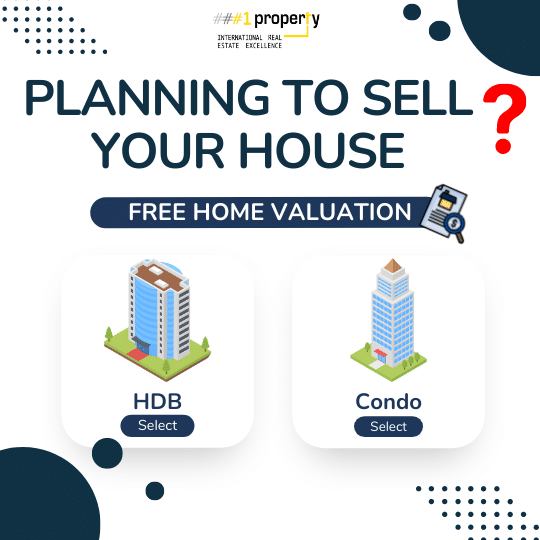SC PR Foreigner Buyers
Listen to the article
Do you want to know more about ABSD rates in Singapore? Follow this article to learn how ABSD affects property purchases for SC/Foreigners and SC/PR here.
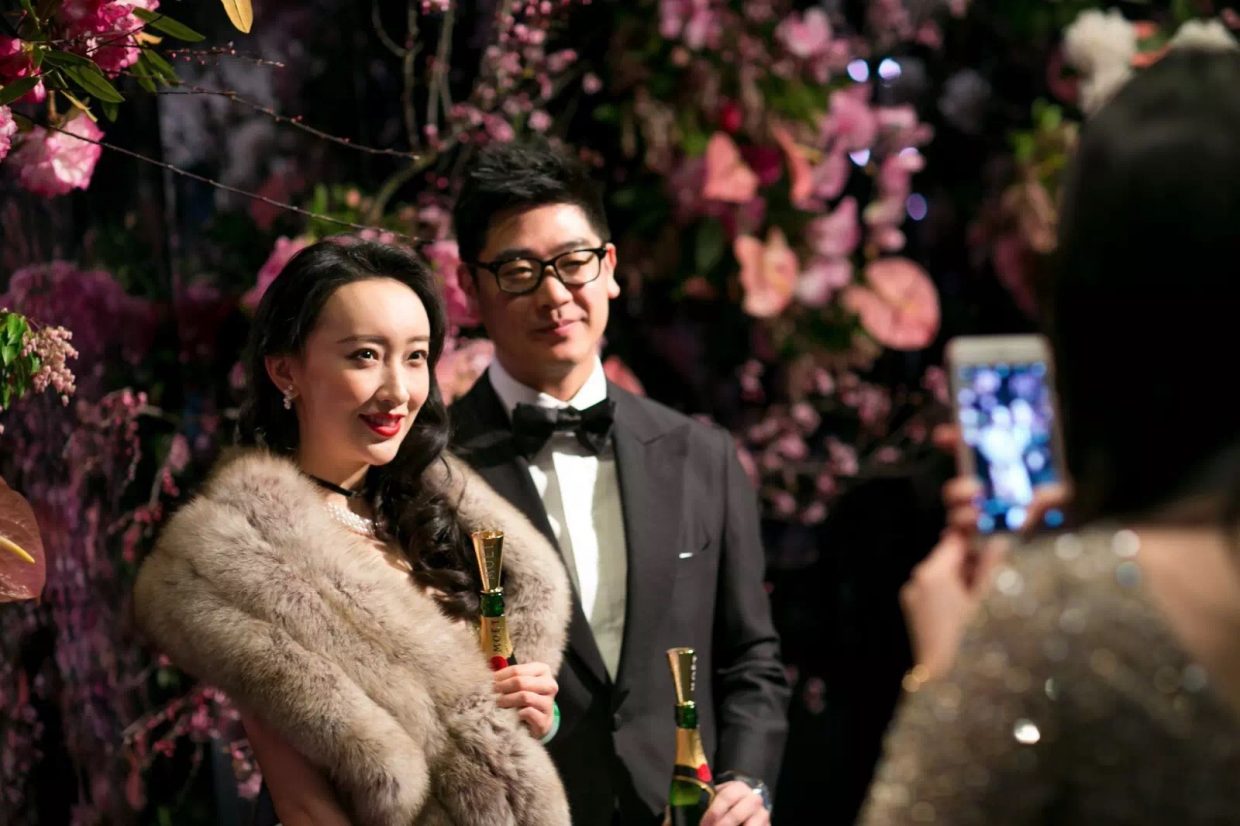
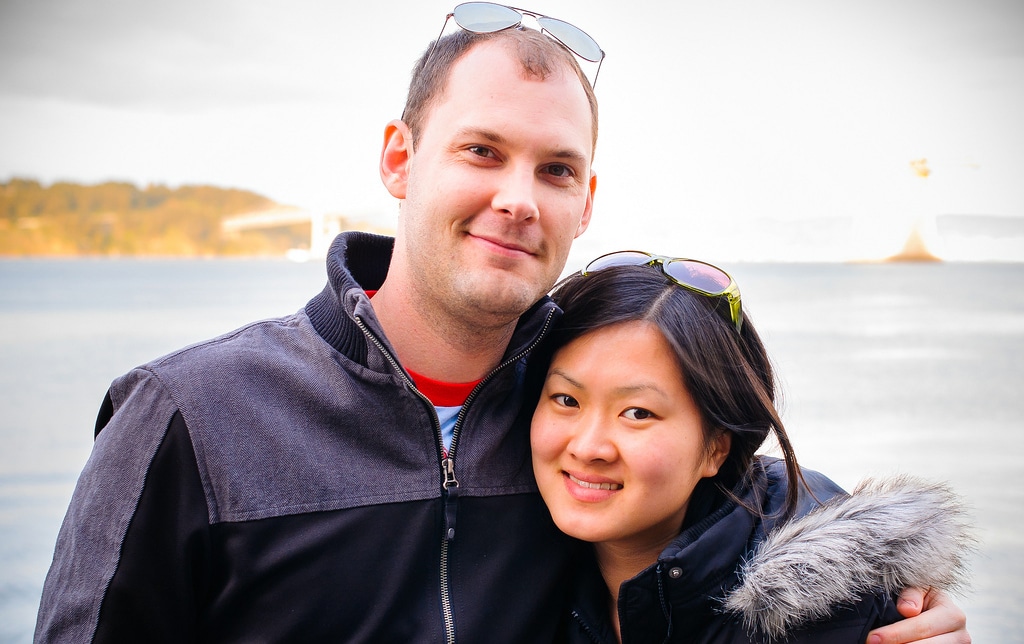
Property investments in Singapore can be complicated, especially when you have to take care of a lot of things.
You will have to understand the home loan, property tax, and stamp duty requirements to get the most out of your property decisions.
For instance, Singapore citizens do not have to pay Additional Buyer’s Stamp Duty for their first home.
However, Singapore Permanent Residents and foreigners will have to comply with ABSD rates for investment purposes.
So how does ABSD affect property purchases in Singapore by SC/Foreigner and SC/PR buyers?
If you plan to purchase your 1st property and want to learn more about the purchase price and ABSD rules, you have landed on the right page.
This article will help you understand Singapore’s housing rules for foreigners and PRs and help you get the most out of your investment.
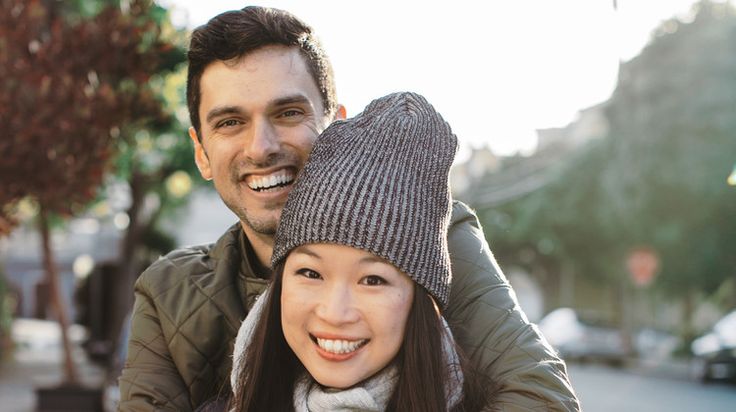
SC/PR buyers: First and Second Property
ASBD is an additional amount levied on SC/PR buyers over Buyer’s Stamp Duty, depending on the buyer’s residential status and the properties registered in their names.
In short, ABSD rates depend on property valuation or the time of purchase.
For instance, Singapore Permanent Residents will have to pay up to 5% of ASBD for their first property and 25% for their second property.
The aggregate ABSD rate for the second residential property was at 15% till 15 December 2021, but it jumped to 25% after 16 December 2021.
Likewise, Permanent Residents will have to pay 30% ABSD if they purchase a third residential property.
However, PR buyers can escape ABSD rates for their first property if a permanent resident marries a Singapore citizen and buys property as a married couple.
But the requirements change while purchasing a second property as ABSD of 25% is applicable for PR buyers even if married to Singapore citizens.
Besides ABSD, here are the things you need to consider before purchasing a second property.
1. Eligibility
Since PR buyers need to complete the Minimum Occupancy Period or MOP of five years, they cannot own a second property till they meet the MOP requirements.
In short, PR buyers will have to wait to buy their second residential property, even if it is an Executive Condominium.
2. Affordability
Loans
Banks estimate loan tenures and eligibility on two parameters – Total Debt Servicing Ratio and Loan-to-Value.
These factors determine how much you can borrow to buy a subject property.
Total Debt Servicing Rates or TDSR requires buyers to commit over 55% of their salary for loan repayments.
However, you can get a remittance of paying 30% of your monthly income if you are purchasing an HBD flat.
On the other hand, Loan-to-Value considers the age and properties under a buyer to fix LTV rates.
For instance, banks can decrease the maximum rate (75%) to lower values based on the buyer’s portfolio.
Likewise, the maximum LTV rate for HBD loans in Singapore is 85%.
Cash Down payment
The down payment for a second property in Singapore can reach 25%.
You will have to pay this down payment in cash after measuring the valuation limit based on the property’s purchase price and value.
You can also seek help from a professional property agent to determine the valuation limit.
Property Tax
Singapore’s government decided to increase the property tax for non-owner-occupied and owner-occupied residential properties from 2023.
For instance, owner-occupied properties valuing over $30,000 will have to pay between 5 and 23% of property tax from 2023.
Since the government’s decision involves a 2-step revision, property tax will further increase from 6 to 32% in 2024.
On the other hand, non-owner-occupied properties will increase by up to 27% from 2023, which will further escalate to 36% in 2024.
In short, property tax is one of the most significant factors to consider before buying a second property.
CPF usage
Using CPF to purchase properties is an excellent way of reducing cash payments.
However, CPF savings come with some limitations as you will have to evaluate the Basic Retirement Sum first if you have used your CPF account to finance your first property.
Furthermore, CPF has a withdrawal limit, and once you cross this limit, you will have to pay the remaining loan amount in cash.
3. Property intentions
Many people purchase a second property for investment purposes and turn it into a steady monthly income.
Since the property tax on non-owner-occupied properties will increase from 2023, you will have to understand your intent before buying a second property.
PR buyers should also devise an exit plan if they are purchasing a second property as an investment.
For instance, they will have to understand the return on investment, capital appreciation and potential rental yield to make the most out of their investment.
In short, it would be best to have a clear plan for a subsequent property before making a second residential property purchase.

WhatsApp Us 😊
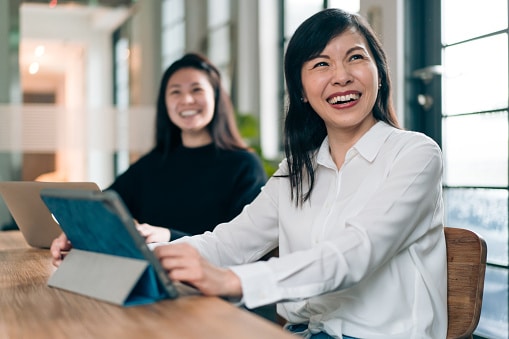
SC/Foreigner buyers: First and Second Property
Singapore allows foreigners to purchase non-restricted properties.
However, they will have to seek Land Dealings Approval Unit or LDAU’s consent before qualifying for prior or subsequent purchases for restricted properties.
For instance, the LDAU allows foreigners who have lived for five years as permanent residents to purchase residential or commercial properties.
Likewise, foreign buyers will have to provide proof of contributing to Singapore’s economy and their employment income for the tax before making a purchase.
Here is the list of non-restricted properties foreigners can buy in Singapore.
- Condominium unit
- Flats
- Commercial properties like shophouses
- Industrial properties
- HDB flats and shophouses
- Executive condominium units
- Hotels
Besides non-restricted properties, foreigners can buy restricted properties like terrace houses and bungalows after getting approval from the LDAU.
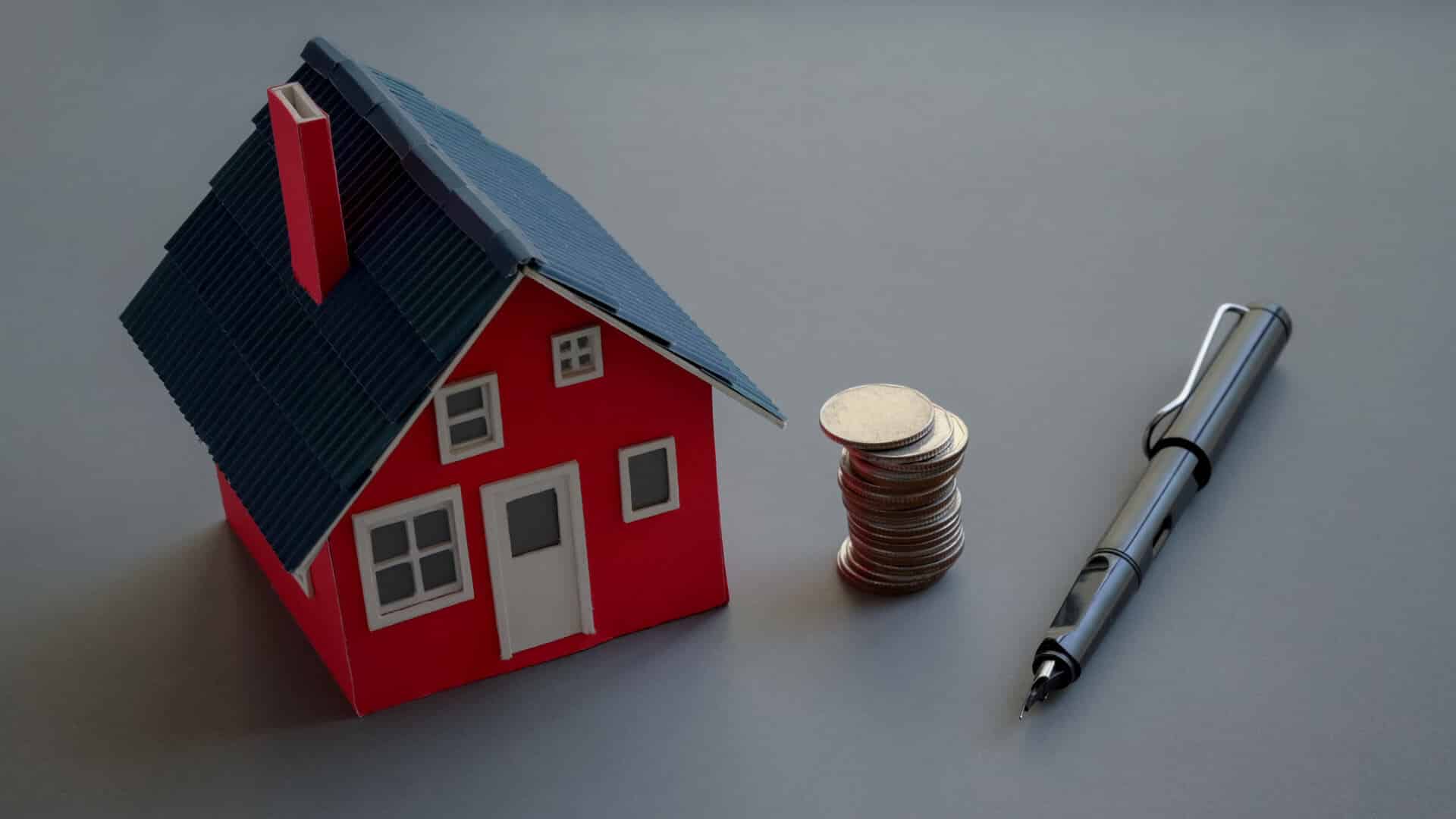
Can foreigners buy property in Singapore?
Housing developers in Singapore allow foreigners to buy properties.
However, foreigners will have to understand specific restrictions before they can purchase properties in Singapore.
For instance, subsidized housing facilities are only available for Singapore citizens and permanent residents.
While HDB flats are not entirely out of reach of foreigners, they will have to reside in Singapore as permanent residents to buy these flats as non-restricted properties.
Likewise, foreigners can also buy a resale flat after previous owners complete their Minimum Occupation Period.
Thankfully, the rule changes when foreigners purchase private properties in Singapore, as they can own condominium units and private apartments with minimal fuss.
However, foreigners will have to seek government approval before purchasing residential properties like bungalows and terrace houses.

WhatsApp Us 😊
Does the foreigner need to pay ABSD?
Besides Singapore citizens buying their first residential property, everyone must pay Additional Buyer’s Stamp Duty for purchasing properties.
ABSD is permanent for everyone, and even a Singapore citizen (SC) will have to pay up to 17% of ABSD if he buys a second residential property.
Singapore government introduced ABSD to promote property curbs and discourage foreigners from buying residential properties in Singapore.
Additionally, ABSD prevented property transaction volumes and ensured affordable housing prices for Singaporeans.
After 16 December 2021, foreigners were liable to pay 30% ABSD for any residential properties they purchased.
However, foreigners married to Singapore citizens can use ABSD remission conditions to avoid Additional Buyer’s Stamp Duty.
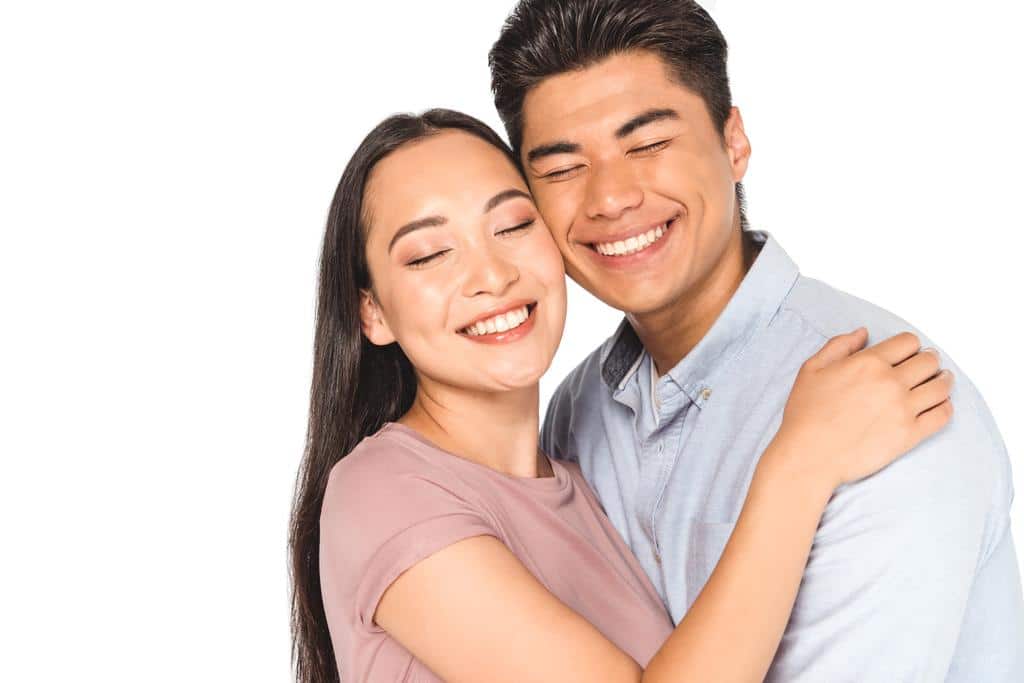
How much is stamp duty for SC/PR or SC/Foreigner in Singapore?
After witnessing an unprecedented growth in the housing market, the Singapore government introduced ABSD to curb public housing prices and safeguard economic fundamentals.
The new ABSD rates came into effect after 16 December 2021 with revised rates for purchasing residential properties.
The latest rates compel Singapore permanent residents to pay 5% of ABSD for their first property, which escalates to 25% and 30% for their second and third property.
Likewise, foreigners will have to pay a revised ABSD rate of 30% for any residential property.
Additionally, foreigners will also have to seek approval from the LDAU to purchase restricted property in Singapore.
The new rates also witnessed a rise for Singapore citizens, as the ABSD rate for second homes jumped from 12% to 17%, while they will have to pay 25% of ABSD for subsequent residential properties.
However, Singapore citizens can still purchase their first residential property without paying ABSD.
The revised rates also jumped for entities, and they will have to pay 35% of ABSD for residential properties.
Furthermore, entities will have to pay an additional non-remittable ABSD rate of 5%, which remains unchanged.
Impact of the ABSD on foreign buyers
Singapore has been a lucrative investment haven for foreigners as the country has immense potential for the purchase and sale of housing units.
According to the latest report, Singapore witnessed a 36.4% increase in private home sales during the pandemic.
This rapid rise in the housing market forced the Singapore government to revise ABSD rates to discourage foreigners from purchasing residential properties and safeguard economic fundamentals.
In an earlier study conducted in 2011, Singapore had 28% of foreign buyers from Mainland China, 20% from Malaysia, 18% from Indonesia, and 12% from India.
For instance, foreign buyers from Mainland China bought more than 2550 private properties in 2011, with districts 14, 15, and 16 being the preferred locations.
Likewise, Malaysians targeted districts 14, 15, and 19 and boosted their investments by 4% from 2007.
Similarly, Indonesians and Indians increased their investments in 2011.
While Indonesians invested heavily in high-value assets situated in the top central region, Indians concentrated on the outside districts like 15, 16, and 18.
These investments increased property values in Singapore, making it one of the top destinations for property investments.
Besides Singapore, investors also find the United States of America, Canada, and Australia lucrative for property investments.
Other things we need to take note of about the ABSD remission?
As mentioned earlier, foreigners married to Singapore citizens and permanent residents can get ABSD remission.
Now we will classify the types of married couples and how much ABSD remission they can get.
Type 1: Married couple (Singapore citizens)
Married couples who are both Singapore citizens can purchase their first residential property without paying any ABSD.
However, they will have to pay 17% of ABSD as per the latest government norms.
Furthermore, their third residential property will incur 25% of ABSD rates, and the rate continues for subsequent properties.
While they cannot get ABSD remission for their first property, they can qualify for ABSD remission for their second property if they dispose of their first property according to the guidelines.
However, ABSD remission is not applicable for third and subsequent properties.
Type 2: Married couple (SC-SPR)
According to the latest ABSD norms, married couples consisting of one Singapore citizen and one permanent resident are free from ABSD rates for their first property.
However, they will have to pay 25% of ABSD for their second property as per the latest norms.
The ABSD remission norms for these couples remain identical as one of the members is a Singapore citizen.
In short, these couples can qualify for ABSD remission if they sell their first property within six months.
Type 3: Married couple (SC-FR)
Foreigners married to Singapore citizens can qualify for ABSD remission and apply for a complete remission on the e-Stamping portal.
However, they will have to pay a higher ABSD rate of 30% while purchasing any residential property.
Type 4: Married couple (SPR-FR)
Married couples comprising Singapore permanent residents and foreigners cannot apply for ABSD remission.
These couples will have to pay ABSD rates of up to 30%, depending on how they pursue their ownership of a specific property.



